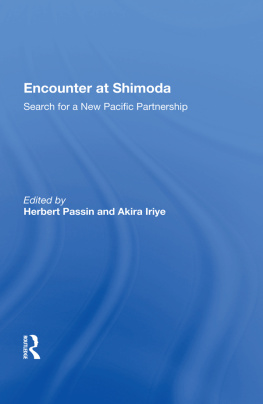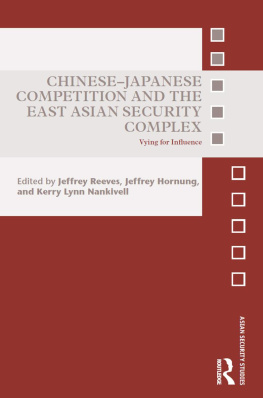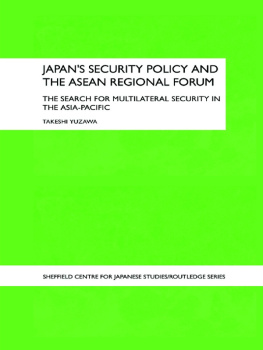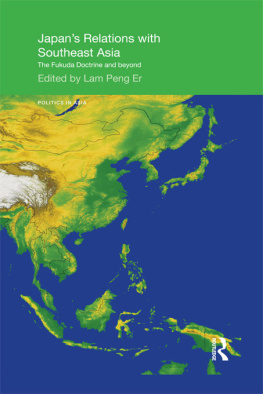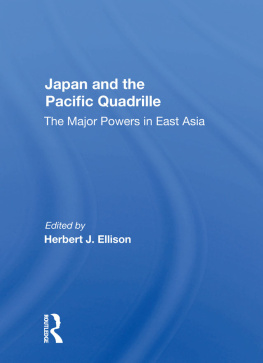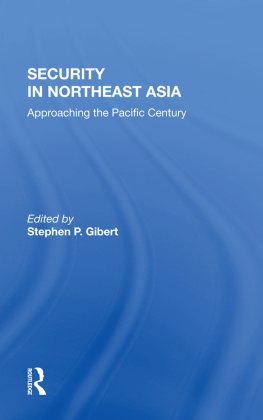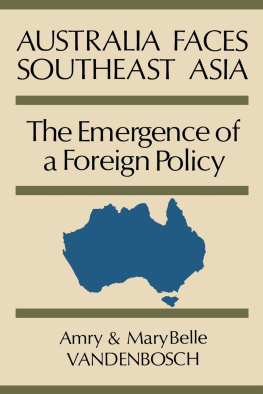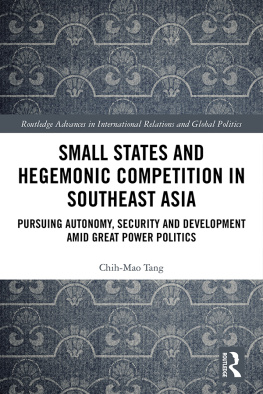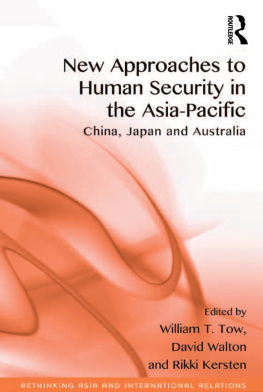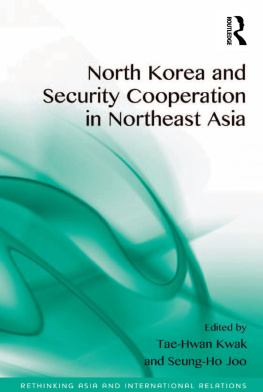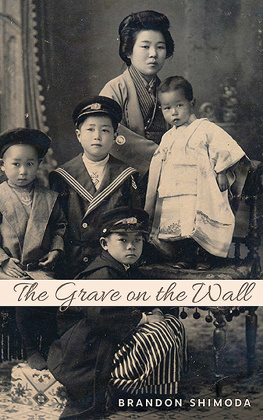Other Titles in This Series
The Medieval Chinese Oligarchy, David G. Johnson
Women in Changing Japan, edited by Joyce Lebra, Joy Paulson, and Elizabeth Powers
The Chinese Military System: An Organizational Study of the Peoples Liberation Army, Harvey W. Nelsen
Cadres, Commanders, and Commissars: The Training of the Chinese Communist Leadership, 1920-45, Jane L. Price
Mineral Resources and Basic Industries in the Peoples Republic of China, K. P. Wang
Mineral Economics and Basic Industries in Asia, K. P. Wang and E. Chin
Huadong: The Story of a Chinese Peoples Commune, Gordon Bennett
Chinas Oil Future: A Case of Modest Expectations, Randall W. Hardy
A Theory of Japanese Democracy, Nobutaka Ike
Perspectives on a Changing China: Essays in Honor of Professor C. Martin Wilbur on the Occasion of His Retirement, edited by Joshua A. Fogel and William T. Rowe
Technology, Defense, and External Relations in China, Harry G. Gelber
The Problems and Prospects of American-East Asian Relations, edited by John Chay
The Politics of Medicine in China: The Policy Process, 1949-1977, David M. Lampton
Intra-Asian International Relations, edited by George T. Yu
Chinese Foreign Policy after the Cultural Revolution, 1966-1977, Robert G. Sutter
Westview Special Studies on China and East Asia
Encounter at Shimoda: Search for a New Pacific Partnership
edited by Herbert Passin and Akira Iriye
The United States and Japan are the two largest democracies in todays world. The United States is still a superpower economically, militarily, and intellectually, but its traditional independence has changed to a position that requires cooperation and mutual understanding with its major allies and especially with Japan. Japan, also an economic super-power, enormously rich in human, economic, and intellectual resources, but very weak in natural resources, has an equal need for cooperation, military support, and teamwork on all levels. Both nations accept an obligation to contribute their resources fully toward the solution to the worlds problems. Consequently, new forms of dialogues and new instruments of cooperation must be devised based on a sophisticated, mutually agreed upon data base. These discussions from the Fourth Shimoda Conference (September 1-4, 1977) explore some of those new directions.
Herbert Passin is professor of sociology at Columbia University. Akira Iriye is professor of history at the University of Chicago. He was recently elected president of the Society for Historians of American Foreign Relations.
Published in cooperation with The Japan Center for International Exchange and The Japan Society
Japan Center for International Exchange
In response to a growing concern about Japans role in the international community, a number of Japanese business and intellectual leaders founded the Japan Center for International Exchange in 1971. It is a private, nonprofit, nonpartisan organization devoted to the improvement of Japanese communication with the rest of the world and to the encouragement of more positive Japanese participation in international activities. JCIE is working to achieve these goals through conferences, exchange programs, research projects, publications, and other forms of involvement with organizations in Japan and abroad.
Japan Society, Inc.
The Japan Society, founded in 1907, is an association of individuals and corporations actively engaged in bringing the peoples of Japan and the United States closer together in understanding, appreciation, and cooperation. It is a private, nonprofit, nonpolitical organization, devoted to cultural, educational, and public affairs, and to discussions, exchanges, and studies in areas of vital interest to both peoples. Its aim is to provide a medium through which both nations may learn from the experiences and accomplishments of the other.

